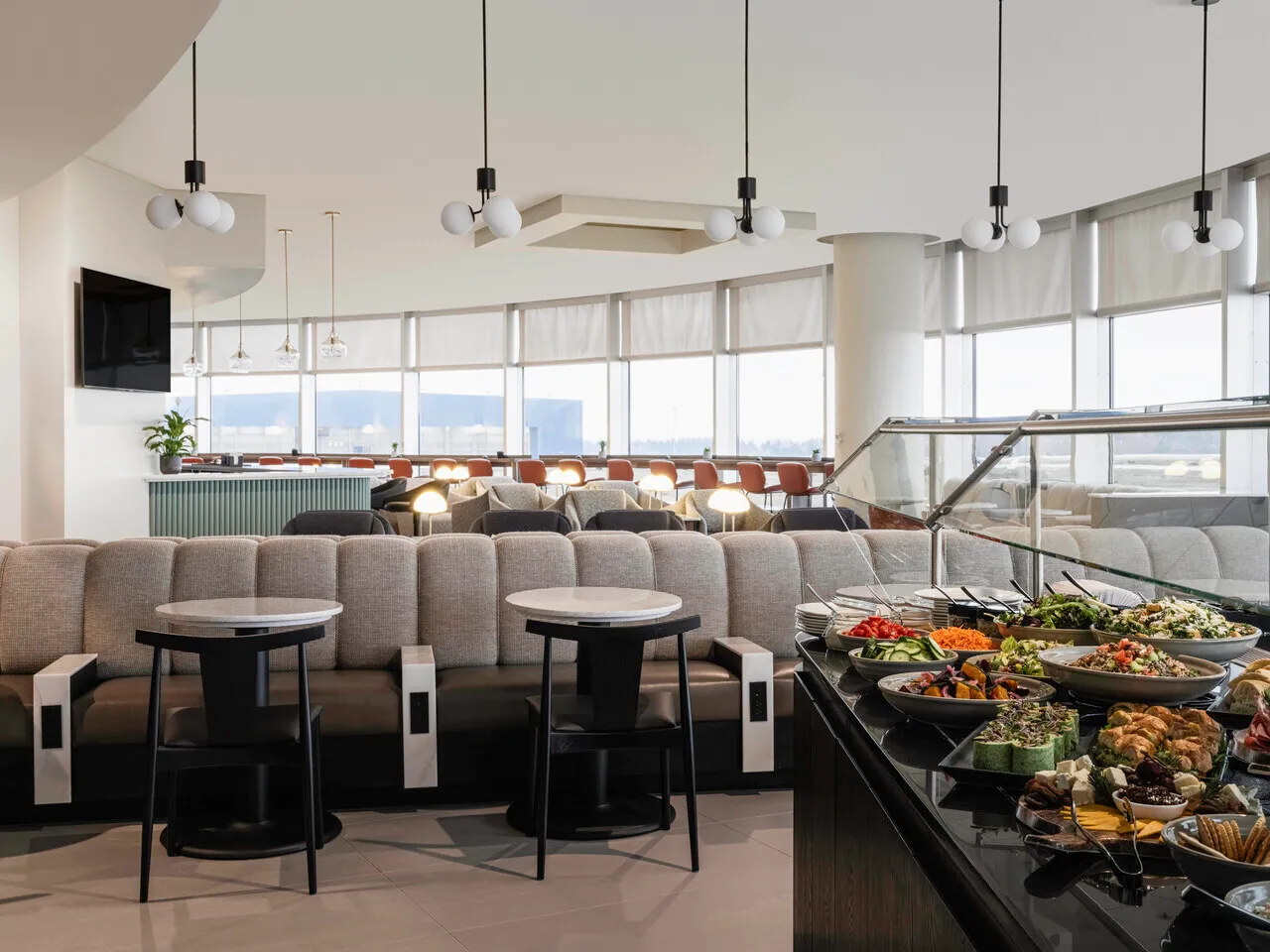Millennials Are Attending Events in Droves Because of Fear of Missing Out

Skift Take
Americans are attending events and are feeling community-minded when they do, and Millennials are in the forefront.
A survey conducted in April by Eventbrite, a global event technology platform, in partnership with Ipsos and Crowd DNA, found that 78 percent of American adults respondents age 18 and older attended a live event in the past 12 months.
Nearly three-quarters (71 percent) agreed that attending an event makes them feel more connected to other people, their community, and the world, a marked increase from 2014 (66 percent).
Among Millennials (ages 18-34), the numbers are even higher. In the past year, 89 percent said they attended at least one live event, up from 82 percent three years ago. As with the general adult population, a significant portion (79 percent) feel more connected to other people, their community and the world through attending events, up from just 69 percent in 2014.
Significantly for the events and conferences industry, 74 percent of Millennials surveyed said attending a live event expands their perspective more than reading about things online.
Here's the kicker: Three-quarters of Millennials also prefer experiences to things, according to the survey.
"The biggest buzzword right now is FOMO [fear of missing out], and that's a huge factor for Millennials," said Aubri Nowowiejski, 28, an executive producer at Coterie Spark, a global meeting and corporate event-planning firm based in Houston, Texas.
"It's all about projecting to your social media network, and painting a picture of a phenomenal lifestyle. They chase experiences over things to get those likes and comments and interactions, and that dopamine fix," said Nowowiejski, who founded the Student Event Planners Association in 2009 while a student at Texas State University. It currently has more than 2,000 members nationwide.
In fact, the study found that nearly half of Millennials surveyed attend live events so they have something to share online; and 78 percent reported enjoying seeing other people's experiences on social media.
The Millennial obsession with FOMO and cultivating the perfect social media feed can be a boon to consumer-focused marketing events, especially if they are free, but it also presents challenges to conference and meetings organizers who value engagement. In an effort to lure the young demographic, organizers may reach for the unique "wow" factor, and wind up with an event that is more style than substance.
"That's one of my biggest frustrations: I want us to put down our phones," said Nowowiejski. "We're experiencing the whole world through a lens and we're not present in the moment, and it is an issue. Conference planners are trying to integrate social media and meet Millennials where they are. You go to a conference and are told to live-tweet, but if I'm tweeting, am I really absorbing what the speaker is saying? It's a double-edged sword. What did you really experience if you didn't put your phone down?"
But event organizers can capitalize on FOMO in their strategy to get Millennial participants to more deeply engage. Events that require attendees to leave their phones before they enter a certain room create instant exclusivity simply because the experience can't be shared on social media.
"Even though they're not able to snap a picture for posting, they feel like they got an exclusive invite. Having no photography is something planners can play off of to get the phones out their hands," Nowowiejski said.
Another challenge Nowowiejski cited is Millennials' inexperience with and reluctance to engage in the real world. Though interacting on social media can be a pathway to human interaction, the Digital Generation's actual networking skills are often highly undeveloped.
"We are super networkers because we grew up in a digital age, so we are used to online networking, but when you put us in an actual face to face environment, it's very different," Nowowiejski said. "Conferences or events in general are crucial for Millennials because they are realizing they are super-connected but disconnected at the same time.
"To develop these quality relationships, and advance their careers, Millennials know they need to be at these events where they have unparalleled experiences and opportunities to get educated and network. Event organizers almost need to push them and guide them through the process," Nowowiejski said.
One way to convince Millennials to engage and network, "beyond just giving them alcohol," is through activities, particularly gamification, she said. Collecting coins or checking in at certain stations during a conference can deliver the same satisfaction and even the all-important dopamine fix. Engaging through digitized games makes networking — often seen as a daunting task — fun and less intimidating. Likewise, planners who include incentives for attendees to bring a friend are likely to get a higher turnout among Millennials.
"They know they need to network, but it's like standing in front of a 500-person audience; it's so scary and frightening for them to go by themselves. They need a friend or someone they know at an event. Very few will take the initiative to go on their own," Nowowiejski said.
Sticker shock is another hurdle. Much of the networks and information accessed online comes at low or no cost, and younger Millennials may not view investing in themselves as a priority.
"Millennials are cheap and they are used to getting everything for free, so that's another challenge for the event industry. It can be the most amazing event out there, but if there is a high price, it can be a barrier. They're thinking, 'I can join a Facebook group for free; why would I pay $1000 to meet the same people in person?'"
Nowowiejski noted that recent college graduates are more likely to have the penny-pinching mindset, and simply may not have the funds, while folks five years into their career are more likely to make the investment. More than likely, though, it's employers who will be footing the bill.




